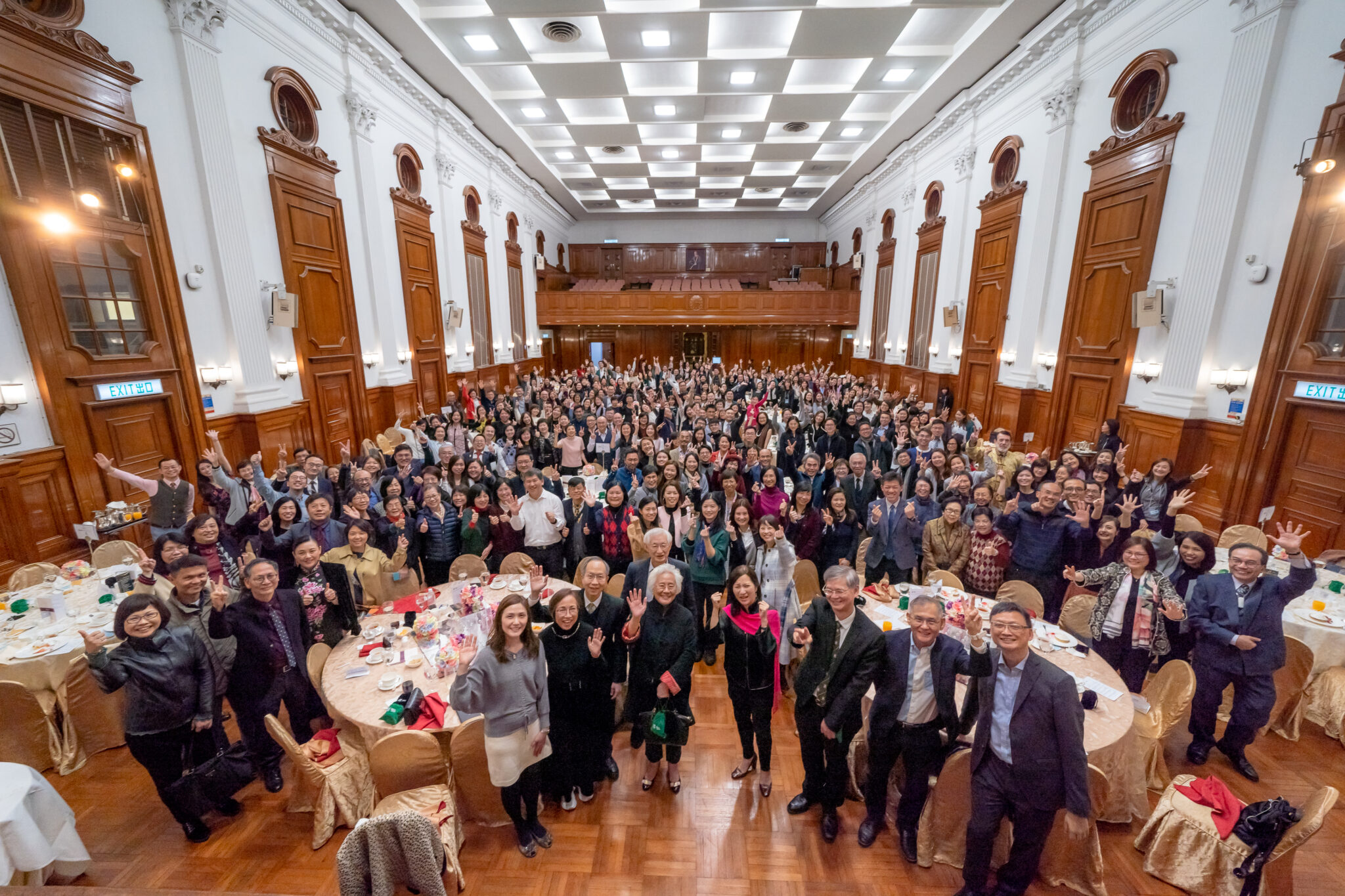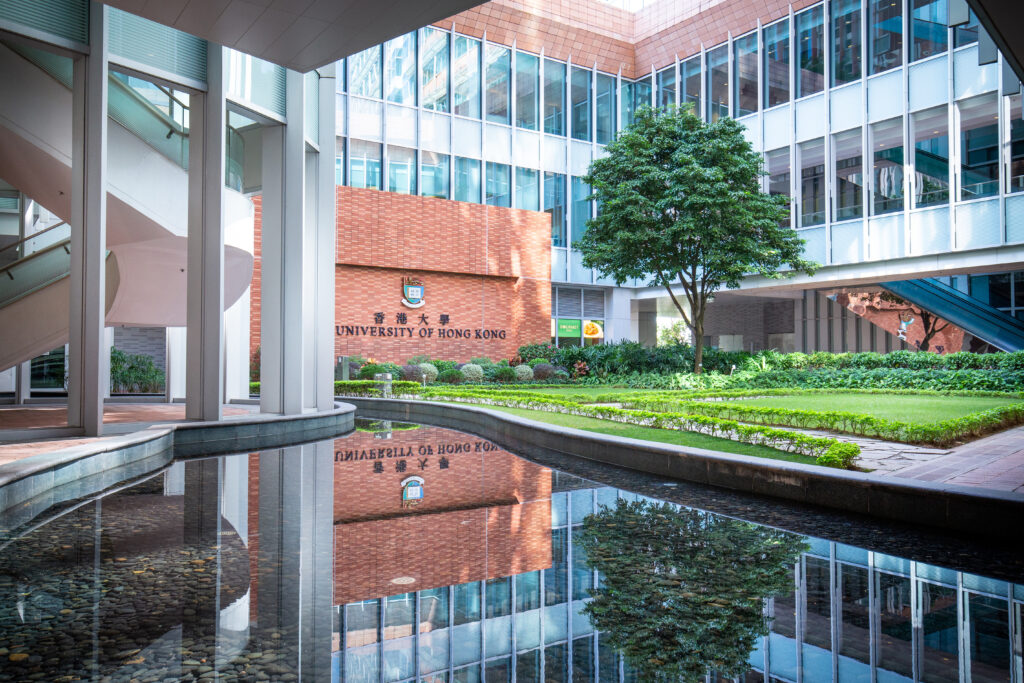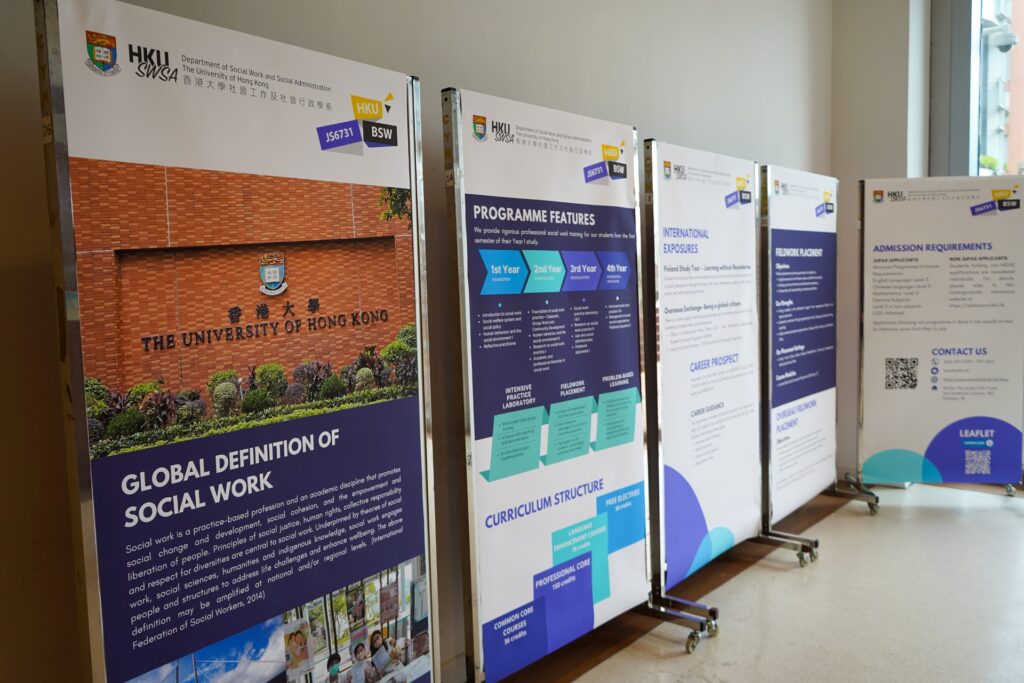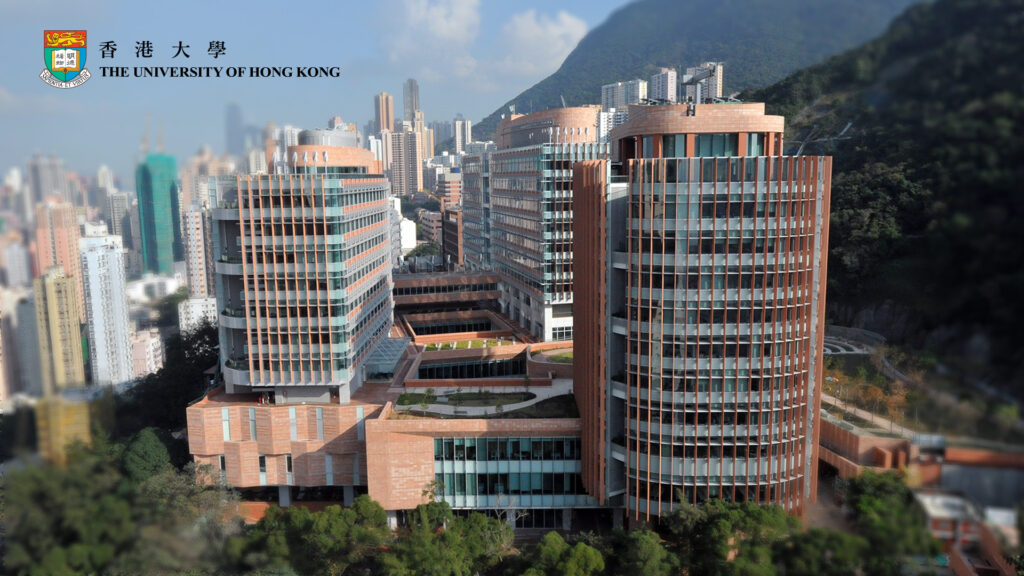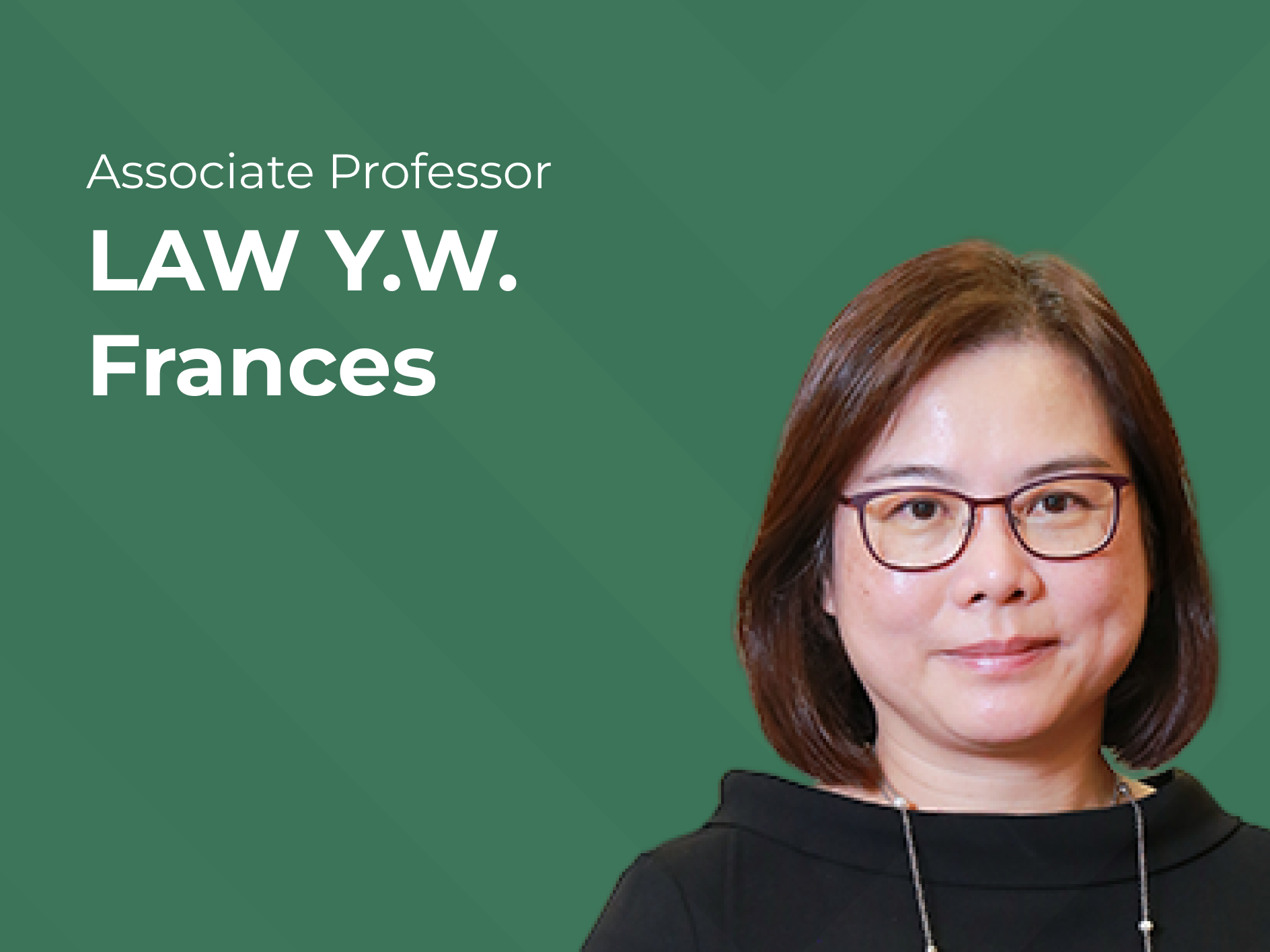
Mental health service underutilisation amongst men is common in the developed world, and Hong Kong is no exception. Some have attributed the phenomenon to conformity to traditional masculinity. Global and local feminist movements and social processes/reforms leading to female advancement across arenas, however, are forcing men to rethink and adapt to new gender roles by ?doing?, ?re-doing? and ?undoing? gender. In the current study, masculinity is considered not an entirely toxic or fixed concept but one that can be redefined or reconfigured to become a powerful approach by which service providers can engage and retain male service users. Guided by the health belief model (HBM), we conducted 21 semi-structured in-depth interviews with Hong Kong men aged 18-55. Most of the interviewees had a history of mental distress and suicide and/or self-harm ideation, and some of illicit drug addiction. These men commonly expressed feeling a sense of inadequacy when they encountered mental health problems and tended to utilise alternative coping approaches (e.g. substance use or self-harm) to avoid recognising their problems that required timely and appropriate professional intervention. They largely persisted in cultivating a sense of competency or agency through their ability to provide their families with both tangible and non-tangible support. The study results suggest the efficacy of taking men’s unique masculine traits into account and formulating service design and engagement around three elements: (1) engaging potential male service users with purposes that go beyond their emotions/feelings alone; (2) articulating a programme with pragmatic steps and clear, observable and measurable/quantifiable outcomes; and (3) embracing, re-narrating and transforming negative masculinity narratives/beliefs into meaningful ones.
Congratulations to Prof. LOU W.Q. Vivian on being recognized among the Healthy Ageing 50 Leaders by the UN Decade of Healthy Ageing (2021?2030). The Healthy Ageing 50 highlights people from every region and sector?government, civil society, academia, and business?whose work is measurably improving the lives, rights, and well-being of older people and advancing the Decade?s priorities: combating ageism, fostering age-friendly environments, and expanding access to integrated and long-term care. Honourees are profiled on the Decade platform to showcase approaches with proven impact and potential to scale, and to catalyse collaboration across countries and disciplines?reflecting Dr. LOU?s leadership in ageing and longevity.
Learn more: https://www.decadeofhealthyageing.org/topics-initiatives/other-initiatives/healthy-ageing-50#anchor_two
Prof. LAW Y.W. Frances was admitted as a Fellow of the Academy by the Hong Kong Academy of Social Work. The Fellowship is a senior professional honour that recognizes social work leaders with sustained, exemplary contributions to the profession and the community. Fellows are peer?acknowledged for their professional excellence and leadership, ethical standing, impact on practice and policy, scholarship and education, and dedicated service. As a Fellow, Prof. Law is part of a community expected to set standards for the field, champion continuing professional development, mentor the next generation, and help advance the Academy?s mission to strengthen social work quality and public trust in Hong Kong. This recognition affirms her leadership and broad impact across research, practice, and community engagement.
Learn more: https://academy.hkswa.org.hk/zh-HK/membership/information/fellow/

